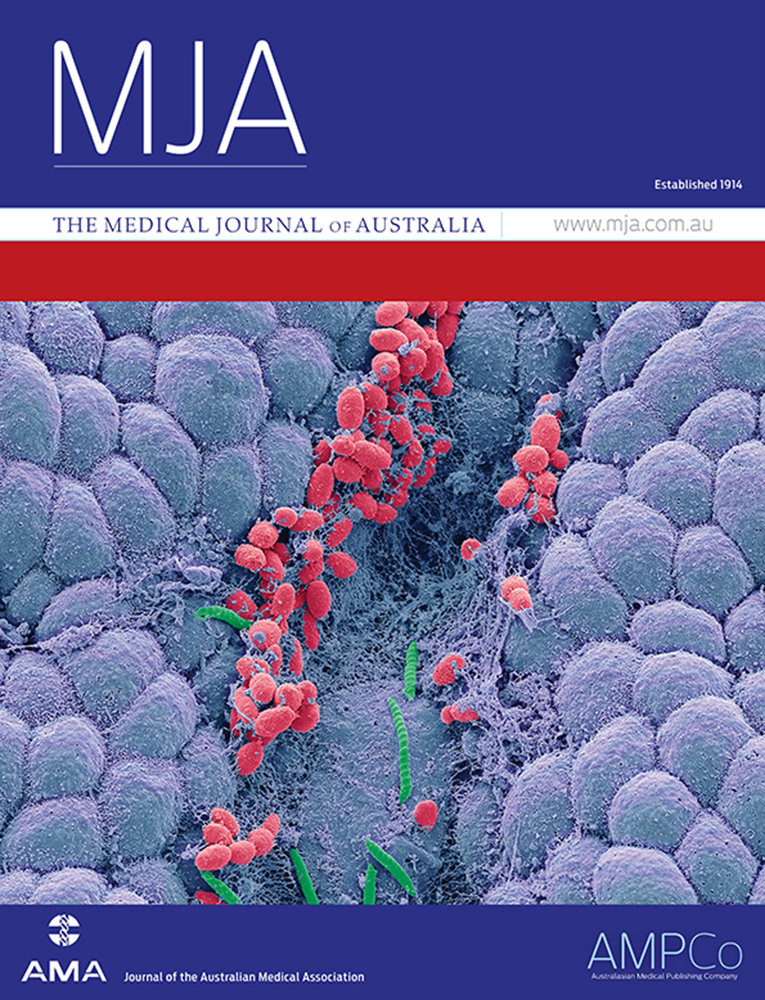CONSEQUENCES OF ILEAL DYSFUNCTION: AN APPROACH TO MANAGEMENT
Abstract
Fourteen patients with ileal dysfunction due to resection or bypass were encountered over an 18-month period. Symptoms had been present for a mean period of 1.8 years. Diarrhoea was a universal symptom, and varied from mild to incapacitating. Weight loss, due in part to malabsorption and in part to the patients' fear of eating, occurred in 10 of 14 patients. The chief metabolic abnormalities were steatorrhoea and hypokalemia. Vitamin B12 deficiency, folate deficiency, anaemia, hypoalbuminaemia, hypocalcaemia, hypomagnesaemia, hyperoxaluria, and an abnormal prothrombin ratio were less frequently seen. Treatment with cholestyramine and/or long-chain fat restriction effectively reduced diarrhoea in every case, and this was supplemented by replacement of specific deficiencies. There was little added benefit from non-specific antidiarrhoeal agents. It was found that the major symptoms of ileal dysfunction are readily treated, but that attention should also be given to a number of nutritional deficiencies.




